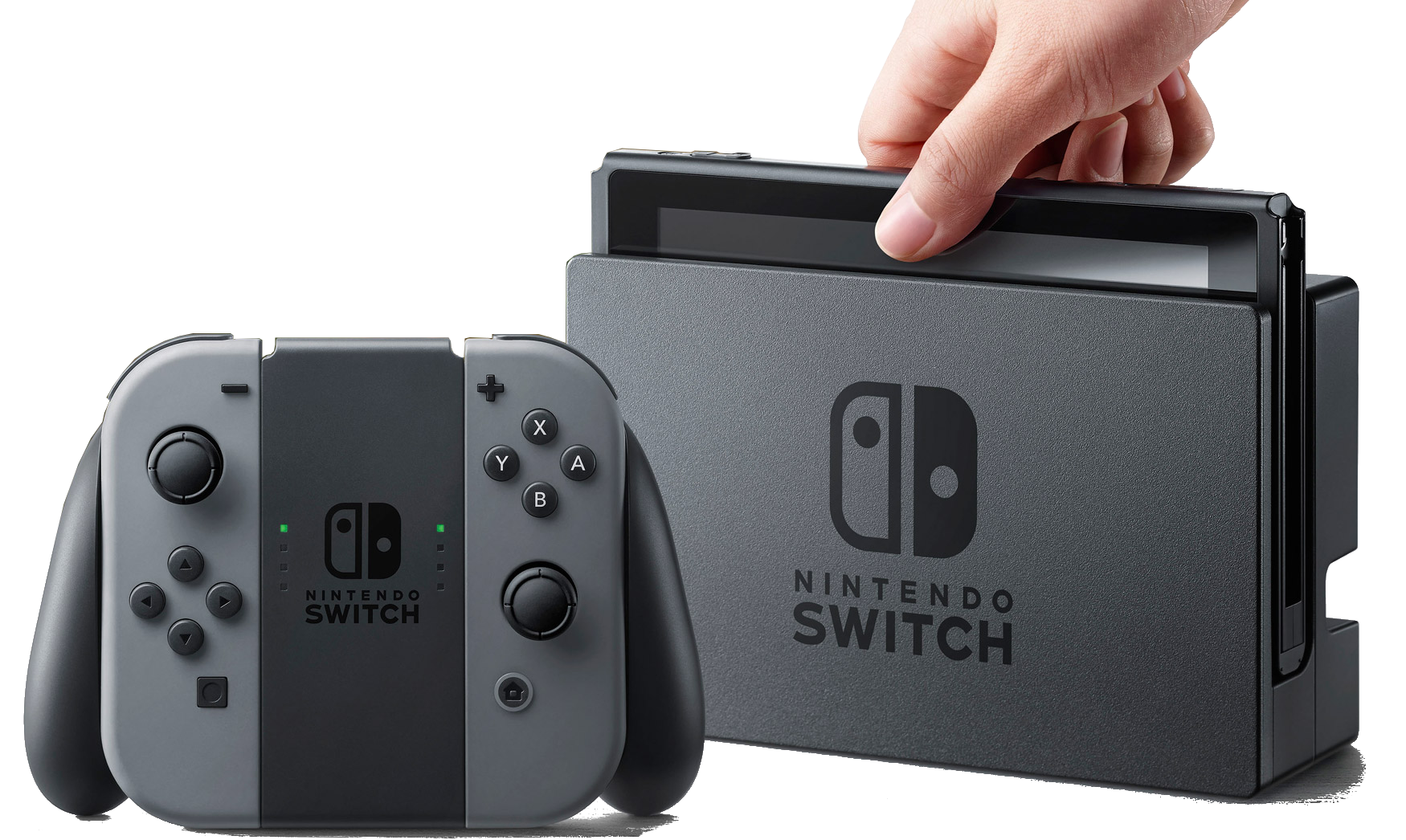The Big Question: What classic Nintendo mistakes must Switch avoid at all costs?
A panel of writers discuss what Nintendo Switch must do next to maintain its momentum and avoid mistakes of the past
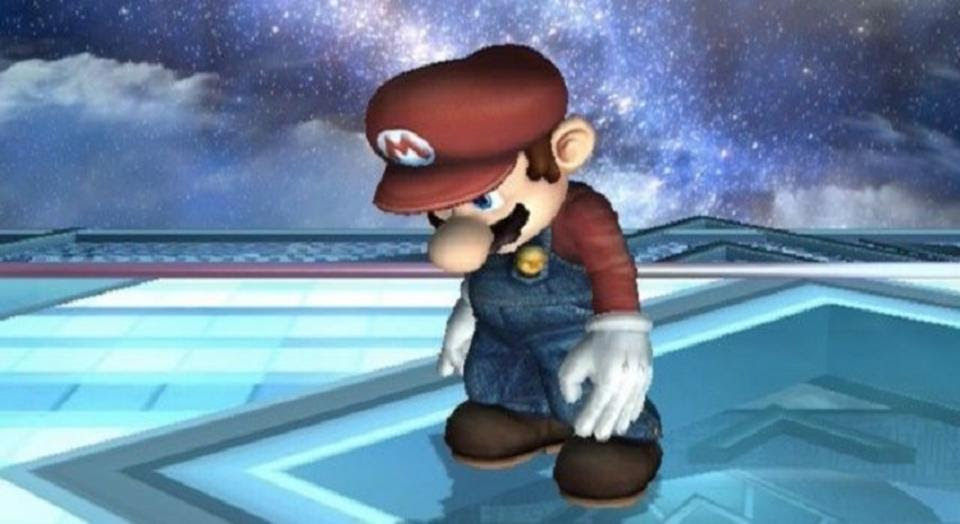
Nintendo Switch is off to a great start, with positive hardware reviews and one of the greatest launch games of all time in Zelda: Breath of the Wild. However, question marks remain over Switch's third-party software line up, the absence of Virtual Console titles at launch and Nintendo's online ecosystem. The Wii, released in 2006, was one of the most successful consoles in history, selling over 100 million units. However, its successor the Wii U managed little over 10% of that figure, with 13.6 million units. Beyond the top line stats, Wii U made a number of rectifiable errors that Nintendo will be mindful to avoid. Switch is already a much clearer proposition – a play-anywhere family console – but, as our writers discuss, it can build momentum by learning the lessons of the past.
"If the Switch is going to be a mainstream success, it has to offer a properly stocked Virtual Console."
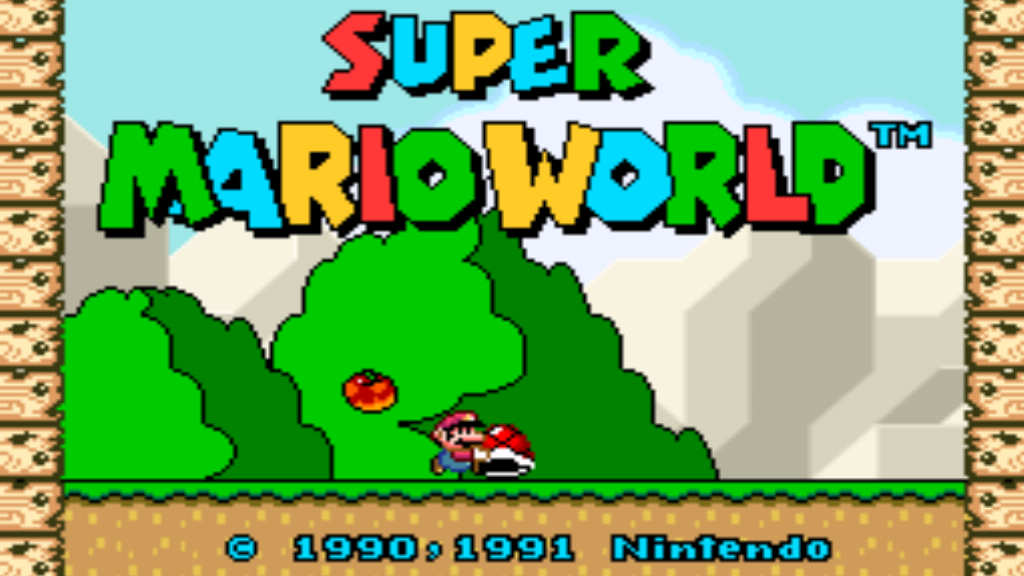
I sincerely can't believe I'm saying this again but Nintendo has to make sure that it establishes a Virtual Console service as future-proofed as international licensing law can allow. Wii got the Virtual Console service right out the gate: a steady stream of games for a variety of vintage consoles, focusing primarily on the NES, SNES, and N64 but also including both huge games (Super Mario Bros. was there on day one) with smaller, weirder cult hits (Ufouria).
The problem with Wii Virtual Console is that it didn't learn any lessons from successful digital storefronts like Steam, iTunes, or Amazon's Kindle store and Wii owners lost access to the store's riches on 3DS and Wii U (no Wii U's standard definition Wii mode does not count.) If the Switch is going to be a lasting mainstream success, it has to offer a properly stocked Virtual Console - none of this one game a month nonsense - with games that can be downloaded more than a single time.
I have non-gaming obsessed friends who have flat out cancelled Switch preorders when they finally understood that the games in the NES Classic wouldn't be included in the new big console. A steady stream of new games is vital to Switch's success, but Nintendo properly leveraging its legacy library is equally important in the current market. Anthony Agnello
"The Switch is a natural fit for smaller, more experimental games"
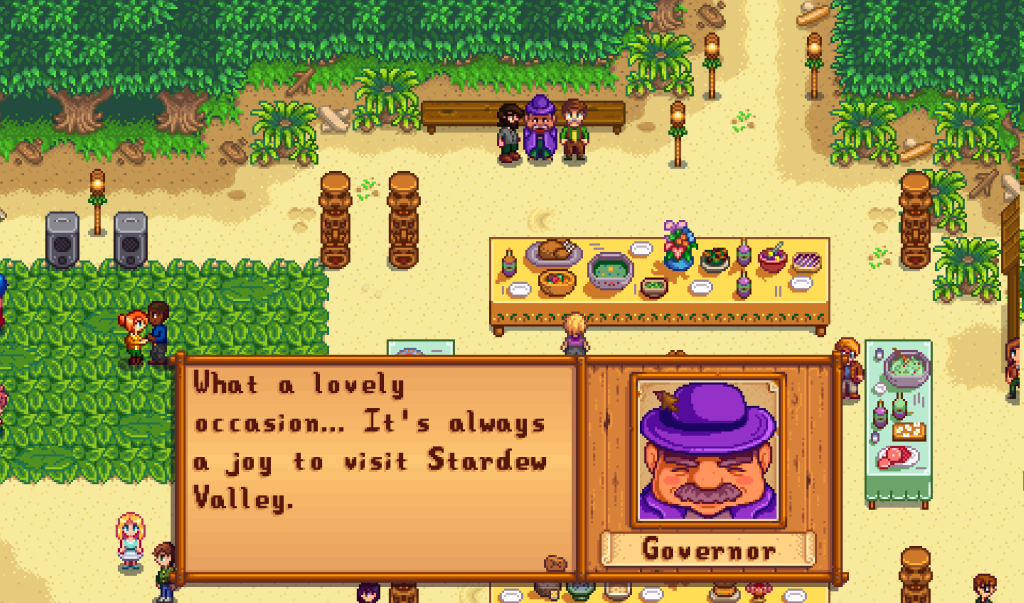
Just give me a steady stream of high-quality games. They don't even have to be first party; I'm fine with just a few strong Nintendo games a year. But there simply has to be something to prevent the Switch from gathering dust in between the Zeldas and the Splatoons and the Marios.
I'm very encouraged by the "Nindies", because the Switch is a natural fit for smaller, more experimental games. I don't really want or need it to play Skyrim, I have other consoles for that. But turn it into the new Vita and I am very much on board. Just give us a good stuff to play on a monthly basis - not just yet another repackaged retro game from the Nintendo library - and the Switch will be a longterm must-have for everyone. Susan Arendt
"All Nintendo needs to do to make Switch the success it deserves to be is not be Nintendo."
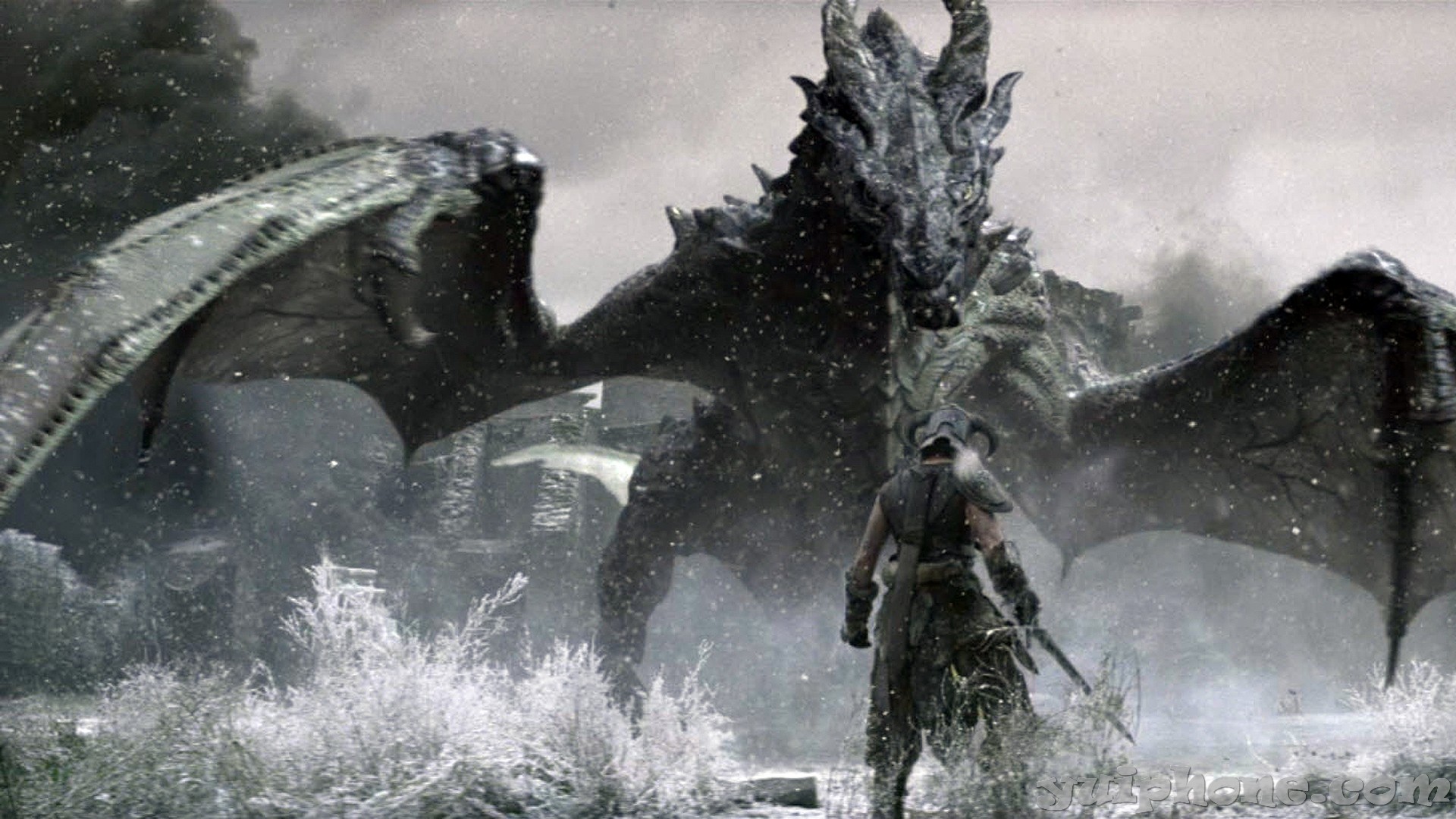
I'm not a huge Nintendo person but I love the Switch as a piece of hardware. Now all Nintendo needs to do to make it the success it deserves to be is not be Nintendo. You know the usual pattern – loads of great games in the first year and then dwindling reserves until death. The Switch is basically a portable console with a TV dock and it fills that gap beautifully. With the right support this could a machine for everyone. Zelda's amazing and that indie lineup is strong, but this needs more than just Nintendo fans’ rampant love – it has to build a library that extends beyond the usual Nintendo games to draw in a different audience if it wants to succeed. Leon Hurley
"If Nintendo were bold enough to price Switch at £199 within 12 months, then it doesn’t really matter what happens with Xbox Scorpio or PS4 Pro"
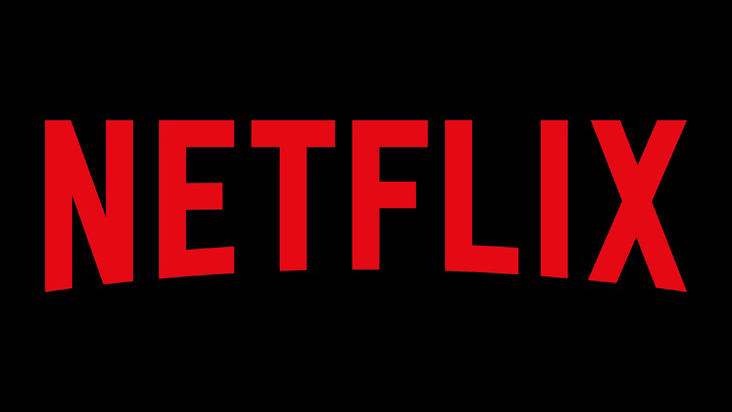
Critics could take a lesson from history, too. Nintendo aren't making a 'mistake' by failing to target PS4 and Xbox One gamers, but clarifying their core values. Wii U dabbled with more mature games like Batman and Zombi U which, while decent titles, only confused an already-muddled piece of hardware. Switch is off to a great start by positioning itself as a family console with unrivalled first-party games and the areas in which it could improve are obvious:
1) Embrace third-party apps and the wider entertainment ecosystem: Switch is basically a tablet and needs to embrace Netflix, Amazon, Now TV, Spotify and all the major on-demand portals – and before 2019, or whenever it stops ‘mulling the options’. Age-gates can preserve the family friendly feel.
2) Flexible pricing: it’s vaguely staggering to think that Wii U still retails for £200-250 (circa $400) – more than you’d pay for a PS4 or Xbox One, technically superior machines with a much more well-rounded games library. If Nintendo were bold enough to price Switch at £199 within 12 months, then it doesn’t really matter what happens with Xbox Scorpio or PS4 Pro. Game prices are even more critical, especially digitally. In a few years, Nintendo would really benefit from having a rich, multi-tiered, range of digital games to suit all tastes and budgets, like the PS Store.
3) Ignore the haters. A lot of people who don’t ‘get’ Nintendo – and, in my experience, that’s a relatively narrow subset of PS4 and Xbox fans – are always going to gravitate to the most powerful, most overtly ‘mature’ console. That’s not Nintendo’s market – but, equally, there’s no excuse for fudged ports of last-year’s FIFA games. A core of on-brand third party software will do no harm, but this is never the flagship platform for Angry Shooter 4K: War Edition. Daniel Dawkins
"Every publisher, developer and manufacturer in existence has stolen some of Nintendo's ideas. The worst mistake they could make is not to steal them back."
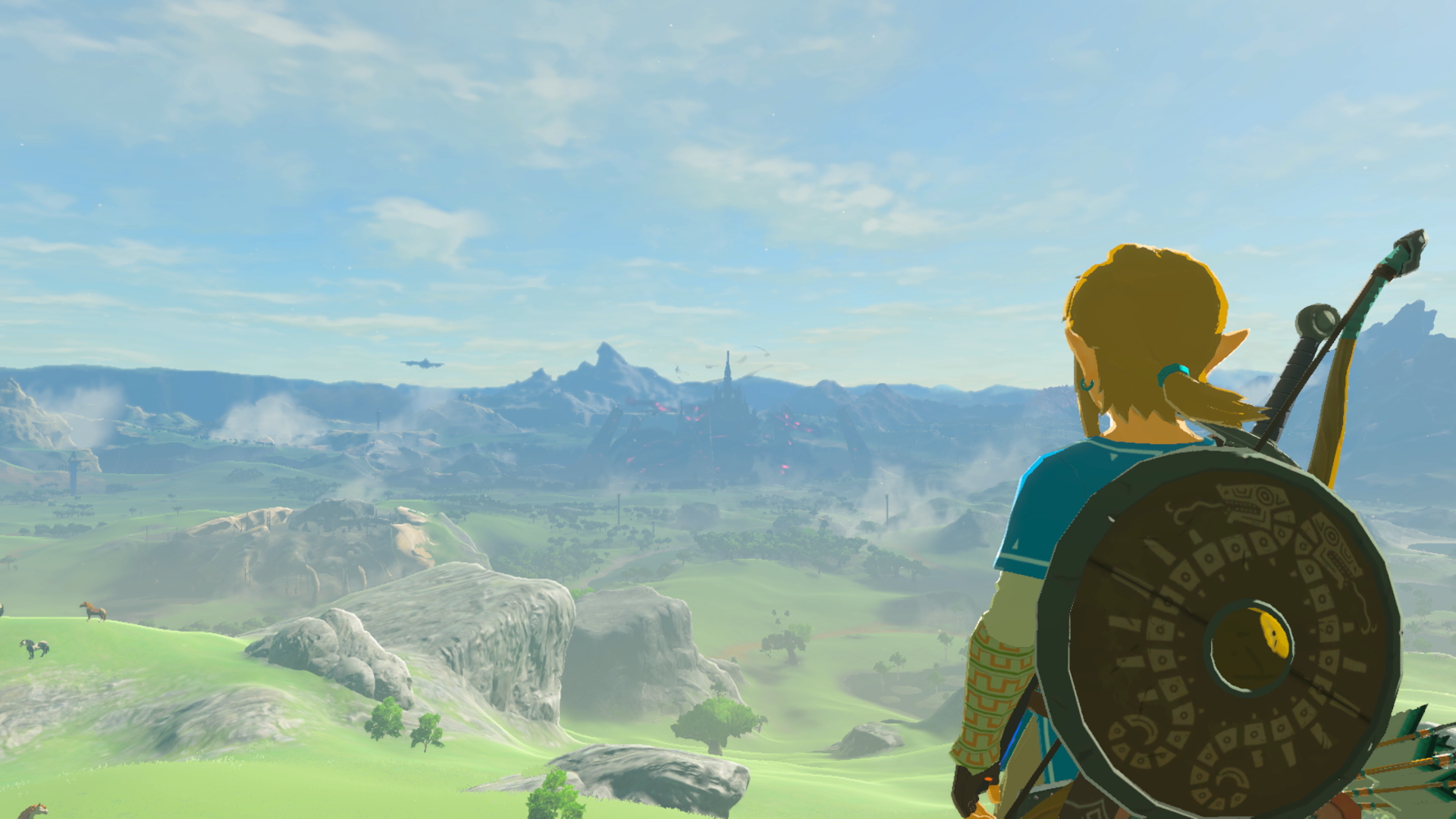
As a guy that still plays his gummy, six-year-old 3DS all the time, I'm wary of branding Nintendo as some drink-spilling hardware klutz that accidentally makes great consoles. They know what they're doing. Yes, the Wii U was a sad misstep, but it's symptomatic of the company's refusal to play it safe. If you try to do inventive, invigorating things all the time, you'll occasionally mess it up. The worst mistake Nintendo could make after the confused Wii U is to stop being Nintendo; to retreat into their creative shell and make a powerful but stolid home console that just happens to play Nintendo games. To me, the Switch is a positive step, which gathers together the best Nintendo ideas of the last 15 years while still offering something new. But they need to go further than that, and you only need to look at Zelda to know how.
Weekly digests, tales from the communities you love, and more
Breath of the Wild is a metaphor for everything Nintendo needs to do. It plunders the best open-world games ever made and improves them. Similarly, they need look at what their competitors are doing - tempting achievements, effortless online connectivity, smartly priced downloads - and Nintendo-ify all of them. Every publisher, developer and manufacturer in existence has stolen some of Nintendo's ideas. The worst mistake they could make is not to steal them back. Matt Elliott
"The classic mistake everyone hopes Nintendo learns from but always seems to repeat time and again? The drought."
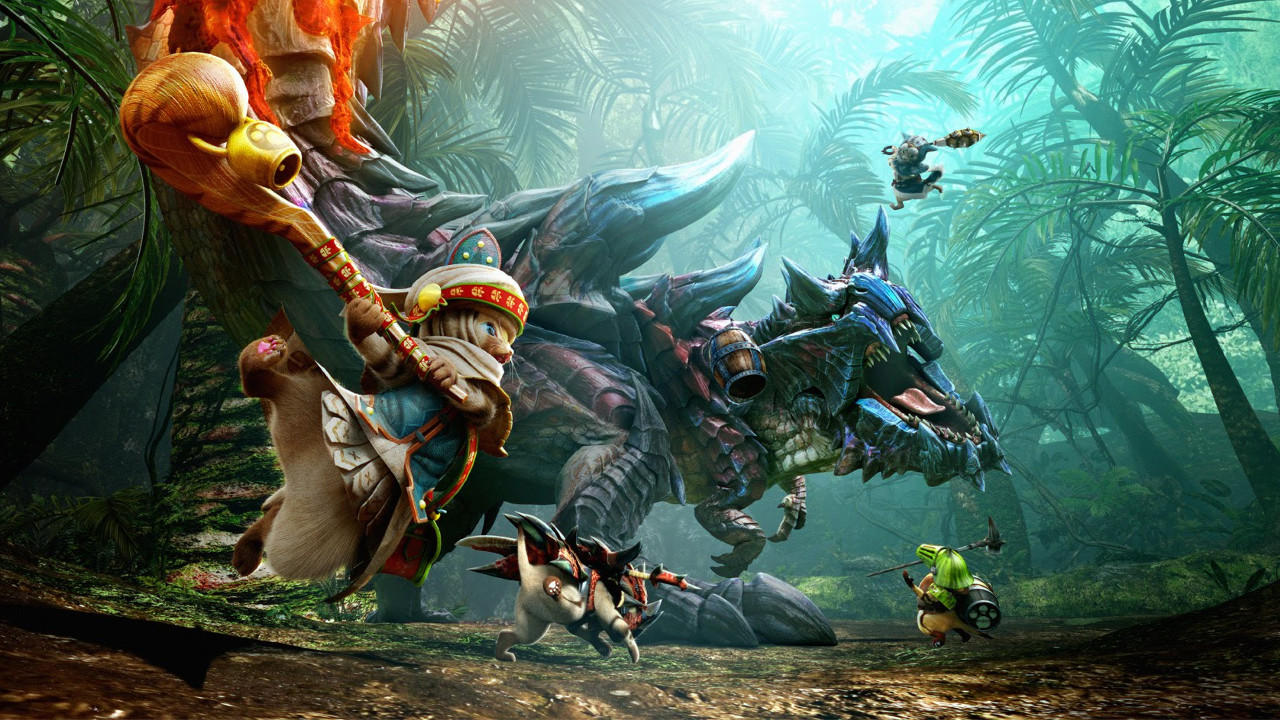
The classic mistake everyone hopes Nintendo learns from but always seems to repeat time and again? The drought. There's always a solid influx of games from other developers at the start, but other than your Monster Hunters or Nintendo-funded third-party games, Nintendo inevitably becomes the one keeping its own systems afloat, and that means going months between major Nintendo releases. Thing is, the market is vastly different than it was even during the Wii U era - big-budget third-party games are dwindling as the smaller, independent scene continues to grow. Nintendo seems to have finally realized this and is making a larger push with its 'Nindies' program, providing a solidly curated flow of independent games to fill in the gaps between larger releases. If Nintendo can take advantage of the wealth of games being made and provide independent developers the support they need, those big tent-pole releases will look less like an oasis in a desert and more trees in a densely-packed forest. David Roberts
The Big Question returns next Friday to debate the week's biggest talking point in games, movie, or TV from a variety of GamesRadar+ writers' perspectives.
GamesRadar+ was first founded in 1999, and since then has been dedicated to delivering video game-related news, reviews, previews, features, and more. Since late 2014, the website has been the online home of Total Film, SFX, Edge, and PLAY magazines, with comics site Newsarama joining the fold in 2020. Our aim as the global GamesRadar Staff team is to take you closer to the games, movies, TV shows, and comics that you love. We want to upgrade your downtime, and help you make the most of your time, money, and skills. We always aim to entertain, inform, and inspire through our mix of content - which includes news, reviews, features, tips, buying guides, and videos.
